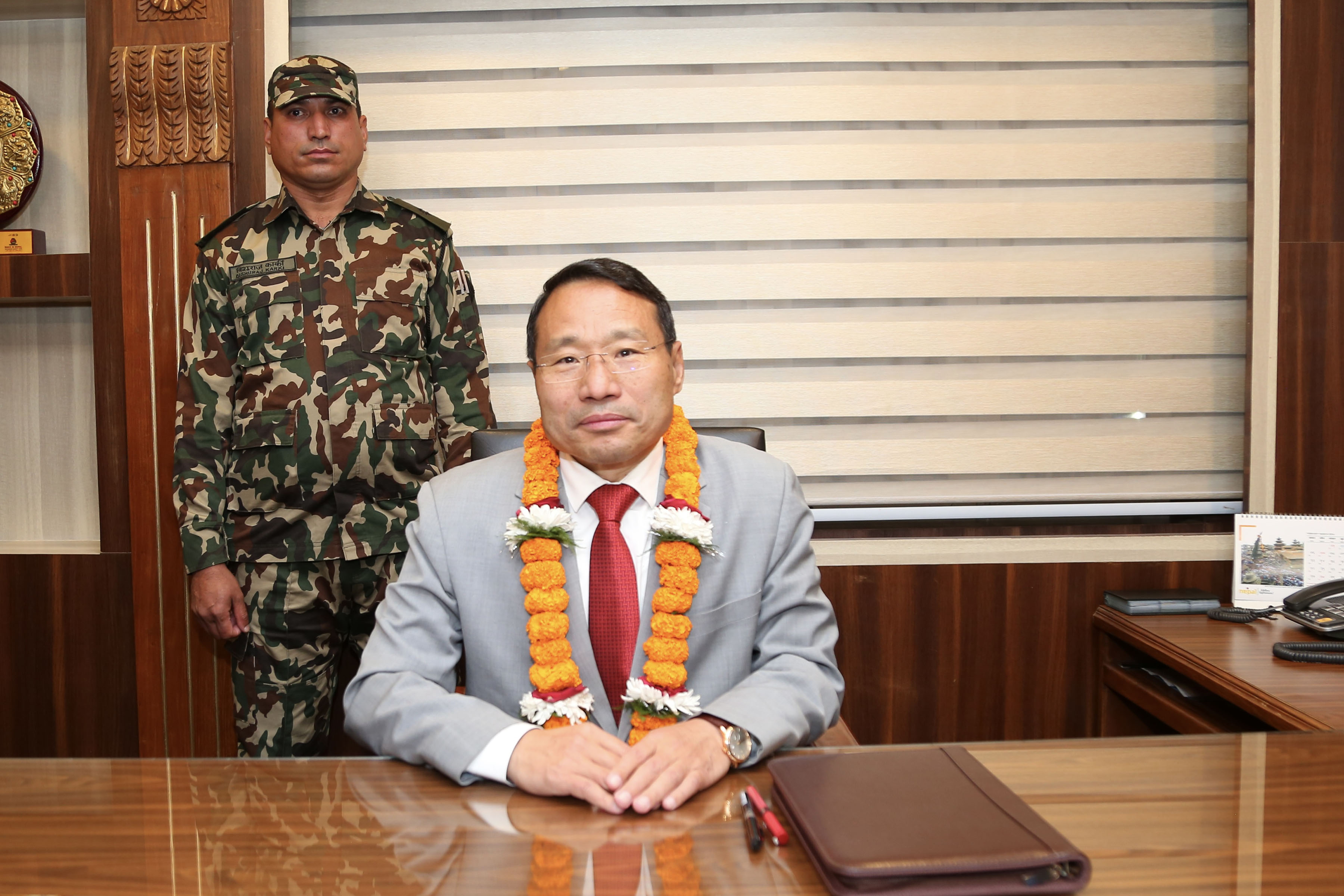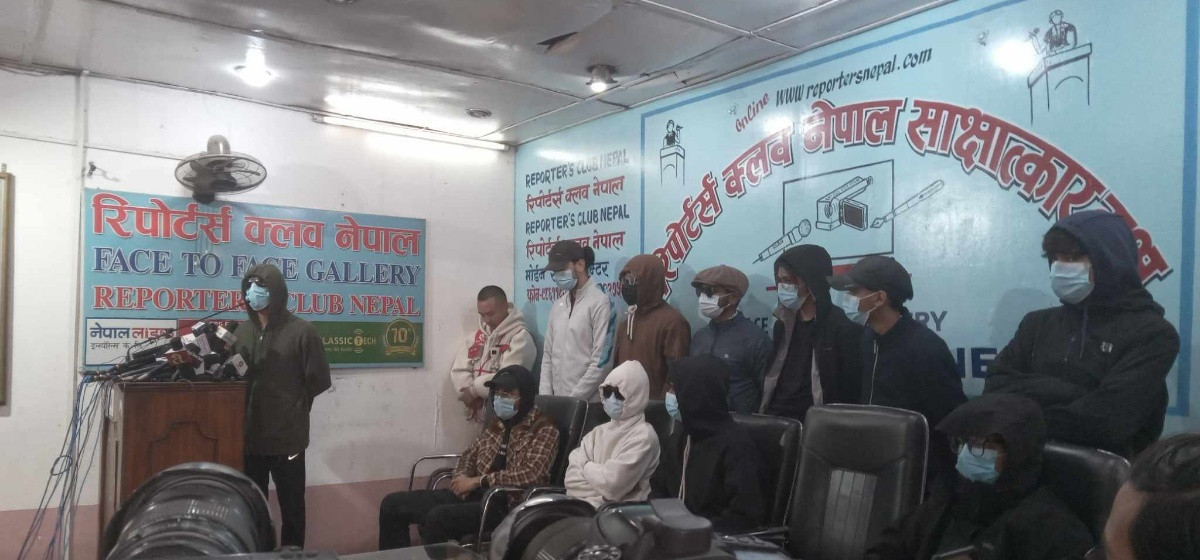KATHMANDU, Sept 9: CPN (Maoist Centre) lawmaker Madhav Sapkota has said that impacts seen in some mega infrastructure projects recently initiated by Nepal were due to effects of climate change.
Delivering a presentation on the 'Sustainable Water and Waste Management and the Strengthening Local Governance for Attaining Climate Resilient Development' in the Regional Climate Summit being held in Dhaka, Bangladesh, lawmaker Sapkota said that the increasing risks of natural disasters such as flood and landslide in Nepal in recent days were due to the impact of climate change.
He said, "The government of Nepal and concerned agencies are aware about taking forward the development and infrastructure related works with minimal environmental damages."
SHIFT for Our Planet: Youths urge authorities to make climate j...

Stating that development works related experiences of countries in South Asia, especially India and Bangladesh who are racing ahead in terms of development, would be useful for Nepal, the lawmaker informed that Nepal had been advancing developmental works and environmental conservation simultaneously.
He further said that since Nepal is at high risk area of climate change, it need strong effort support from its neighbors and world community to move ahead saving itself from the impacts of climate changes
The three-day event organized by the Climate Parliament Bangladesh has altogether 40 parliamentarians from Nepal, India, Bangladesh and Bhutan.
The Nepali delegation attending the event comprises Nepali Congress's Pradeep Kumar Poudel, CPN-UML's Thakur Gaire, Rastriya Swatantra Party's Sobita Gautam and Secretary of the Parliamentary Committee of Infrastructure Development Uday Bhandari.
Dr. Shirin Sharmin Chaudhary, the Speaker of Bangladesh's parliament, inaugurated the event on September 8. Ambassadors of various countries as well as representatives of the World Bank, Asian Development Bank and organizations working in the sector of climate change are also participating in the Summit.
Bangladesh has created a separate structure called 'Climate Parliament' within the parliament to find ways to avoid the adverse effects of climate changes.








































